Samsung Galaxy S20 Ultra review, 5 months on: Large and still in charge
The biggest phone has the biggest shoes to fill — and is (mostly) up to the task.
Samsung's Galaxy S line is usually pretty easy to figure out as "the same phone in different sizes" — but the Galaxy S20 Ultra actually stands out as a different phone entirely. It's considerably bigger than even the S20+, and its unique rear camera setup needs to be evaluated separately from the other two S20 models.
That was true when they were launched, and it's equally true now as we near the half-birthday of the Galaxy S20 lineup. With over five months since the Galaxy S20 Ultra launch, it's time to re-evaluate and see if it's still worth the high price tag. That's particularly true as we approach the launch of the new Galaxy Note 20 series, which will largely be based on the Galaxy S20 Ultra's foundation.
At a glance
Samsung Galaxy S20 Ultra
Bottom line: The S20 Ultra is the biggest and best Samsung offers, with incredible power, features, and camera capabilities. But that doesn't make it the best value or most well-rounded phone. Sure, you get a bigger screen and battery than the S20+, but it's also much tougher to use one-handed, and the camera improvements are marginal in daily use. Plus, you pay more in the process. It's a great phone, but it's not an all-around winner.
Pros
- Excellent 120Hz display
- High-end hardware and specs
- Solid battery life
- High-quality and versatile cameras
- Complete cross-carrier 5G compatibility
Cons
- Too big and heavy to comfortably use one-handed
- Camera still has quirks, and 30X+ zoom is useless
- Arguably not worth extra money over S20+
$1229 at Amazon From $1250 at Best Buy $1250 at B&H
Jump to:
Galaxy S20 Ultra What's still great
With several years of experience using every Samsung flagship, picking back up the Galaxy S20 Ultra after a couple months away feels comfortable and familiar. Particularly in the last three generations, little design elements have changed but the overall feel is unmistakably "Samsung" — in a good way. The hardware is great from a design and ergonomic perspective, and it has a good balance between being flashy from the back but unimposing from the front.
The S20 Ultra's screen is superb, and I wish that every other phone matched it.
I know I sound like a broken record, but to write any Samsung review without praising its display is a travesty. The S20 Ultra's screen is superb, and I wish that every other phone out there had one this good. It's incredibly beautiful in every scenario, and its outdoor visibility — in terms of reflectivity and brightness — is top-notch. You just can't beat it, especially now that Samsung offers a 120Hz refresh rate.
My preferences typically lead me more toward the lighter approach of Google and OnePlus, but Samsung's own take on the software experience is top-notch in its own right. It admittedly takes much longer to configure and tweak, turning off lots of features in the process, but once you do, you're rewarded with good-looking and feature-filled software. It's been the case now for a few generations that while you may not be a fan of the look of Samsung's software, you should be able to appreciate its functionality.
Samsung deserves more credit for delivering fast and feature-packed software.
We all talk about the speed and consistency of OnePlus software, which it deserves, but I feel the exact same about using One UI on the S20 Ultra. This phone's performance is exceptional, and it should be considering the specs it has. Everything I do happens as quickly as I expect, and I never see inconsistency or slowdowns. Yes, Samsung often exaggerates its animations a bit to smooth things out, which may make it feel a bit "slower" compared to a OnePlus 8 Pro, but the reality is everything's happening equally fast.
Battery life is great in a nominal sense, because I rarely ever have to think about charging before the end of the day. But it's not quite as good when you compare it to the likes of the OnePlus 8 Pro, which has a big 120Hz display and can easily go hours longer on a charge than my S20 Ultra. So sure, the S20 Ultra offers good battery life overall, but I would still consider it a bit disappointing considering the massive size of this phone. With 120Hz screen refresh rate enabled, if I hit the phone hard, it drains quickly. That's unfortunate for a 5000mAh battery.
Of course, if you drop the screen to 60Hz, it effectively makes the S20 Ultra un-killable. Not a decision I feel people should have to consider on a $1400 phone, but it's there.
The S20 Ultra's camera setup is, in general, impressive. Here are some of my favorite shots taken with the Galaxy S20 Ultra over the last five months:
The S20 Ultra's camera setup is impressive, but the long zoom levels remain a gimmick.
I love the versatility of the ultra-wide, standard, and long zoom cameras, and Samsung does a pretty good job of keeping the color profile consistent between the three. The main camera can generate incredible natural bokeh without "portrait mode" enhancement, and this is finally a Samsung camera I can trust in low-light scenes. You get very colorful and bright photos, which are often unnatural, but they really pop and rarely require edits to be shareable.
The S20 Ultra's big trick is its "Space Zoom," which as I've previously talked about, is primarily a gimmick. I've taken a lot of zoom shots, and I have never taken one beyond 30X that was worth holding onto — you just get a blotchy mess. That's still really disappointing, but the silver lining here is how good the lower zooms are. At 5X to 15X, there are great photos to be had, and once you build up confidence with those zoom levels, you can inject nice variety to your shooting.
Galaxy S20 Ultra What hasn't aged well
On the camera front, things aren't all good. Despite my praise above, I still have some issues: one that's entirely Samsung's fault, and another that just comes with the territory in modern camera phones.
The massive camera sensor is both a blessing and a curse — and that's not unique to Samsung.
Samsung's camera processing still goes overboard in a lot of scenarios, and it can be downright frustrating. At times it feels as though it's deathly afraid of leaving parts of a scene over- or under-exposed — even if that's how you want it to look — and it'll do whatever over-the-top amount of HDR processing necessary in order to "equalize" everything. The result is blown-out shadows or crushed highlights, along with incredible amounts of "haloing" around objects against bright skies. So often, all I want the camera to do is just capture a scene, not try to tweak and massage it to within an inch of its life.
The other issue is the main camera: it's a massive sensor, and it has a very wide aperture. The same physics that produce incredible bokeh when you want it also make it frustrating when it focuses on the wrong thing. Far too often I take a photo, thinking my intended subject is in focus, and I find out later that the camera selected a slightly different point, but in this setup, that's enough to make my subject completely blurry. I love the artsy and pro-looking photos I can get with this natural background blur, but sometimes I want it to chill out and just show the whole scene in focus.
We recently did an explainer of how these large camera sensors effect the mobile photography experience over on the Android Central YouTube channel, and I'd encourage anyone who's curious about how the tech works to give it a look.
The S20 Ultra's biggest issue is the S20+ is arguably a better overall phone, for less money.
Beyond all of the camera analysis pedantry, the two main issues with the Galaxy S20 Ultra are its size and its price — and both of them are especially problematic because the Galaxy S20+ exists.
Usability issues aside (if that's even possible), the Galaxy S20+ is about $200 less than the S20 Ultra — while providing a near-identical experience. In day-to-day use, you'd never be left lusting for the larger screen, and most people probably wouldn't need the extra battery capacity. You know how I feel about the S20 Ultra's extra camera zoom "capabilities," and the S20+'s main camera, by being smaller, is actually less of an annoyance when it comes to the aforementioned focus issues.
Galaxy S20 Ultra Competition
Since the S20 Ultra launched, one new competitor has emerged: the OnePlus 8 Pro. It's a compelling offering because it has most of the same specs and features of the S20 Ultra, but is hundreds of dollars less. Its camera isn't as impressive, especially in zoom, but on the other hand, its cleaner software will be appealing to a lot of people.
As I've mentioned throughout this review, Samsung's own Galaxy S20+ is the other obvious competitor. It has a slightly smaller screen and battery, and a more conventional set of camera sensors, but is functionally identical. So you miss out on some fringe capabilities and a little bit of battery life, but once again, you save a couple hundred dollars. And that smaller screen and battery lead to a phone that's easier to use.
Galaxy S20 Ultra Should you buy it?
Who it's for
- If you need the longest possible battery life
- If you need a huge display
- If you take a ton of zoom photography
- If you need cross-carrier 5G compatibility
Who it isn't for
- If you need a compact one-handed phone
- If you need to save money on your phone purchase
- If you want streamlined, clutter-free software
5 months later, my rating of the Galaxy S20 Ultra is the same. Its hardware, display, specs, and features are exceptional. Its performance, battery life, and cameras have held up well over the months, even weighing in the camera's quirks in some situations. This is an overall great phone and one that the biggest tech fans will enjoy using every day.
My view of the S20 Ultra simply tempered by the fact that the S20+ is a better overall phone. It offers the same core experience and features, but does so in a more manageable size at a lower price. That puts the S20 Ultra in an awkward place: you pay more to have a less usable phone, with very minimal capability improvements. You won't be unhappy with the S20 Ultra; you just may be happier with an S20+.
Samsung Galaxy S20 Ultra
$1229 at Amazon From $1250 at Best Buy $1250 at B&H
Samsung's biggest and best phone has a lot going for it, from exceptional hardware to feature-packed software. And its cameras are great to use. But it's huge and expensive — two hurdles you have to manage if you want one.
from Android Central - Android Forums, News, Reviews, Help and Android Wallpapers https://ift.tt/3j1a9ud
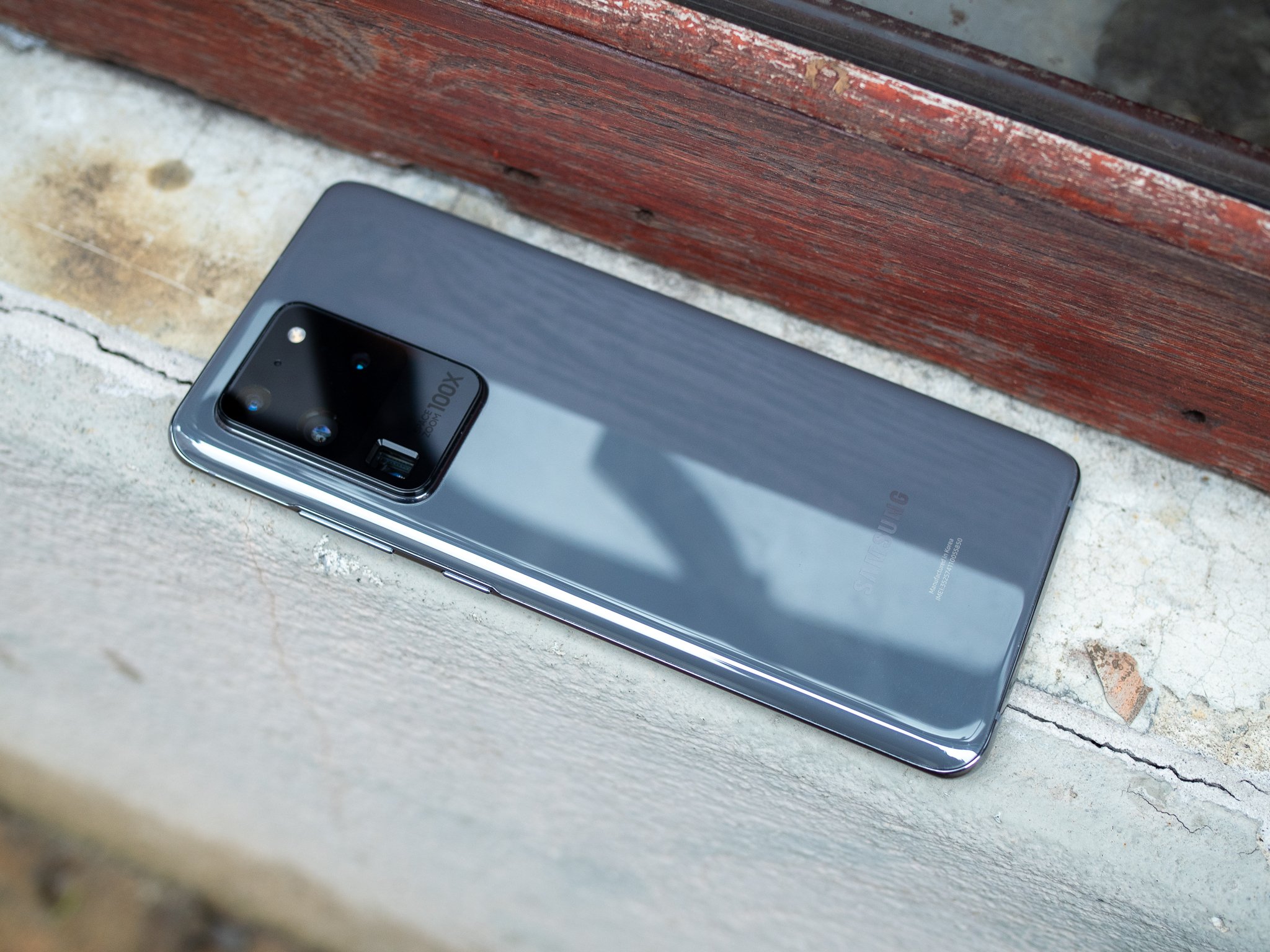

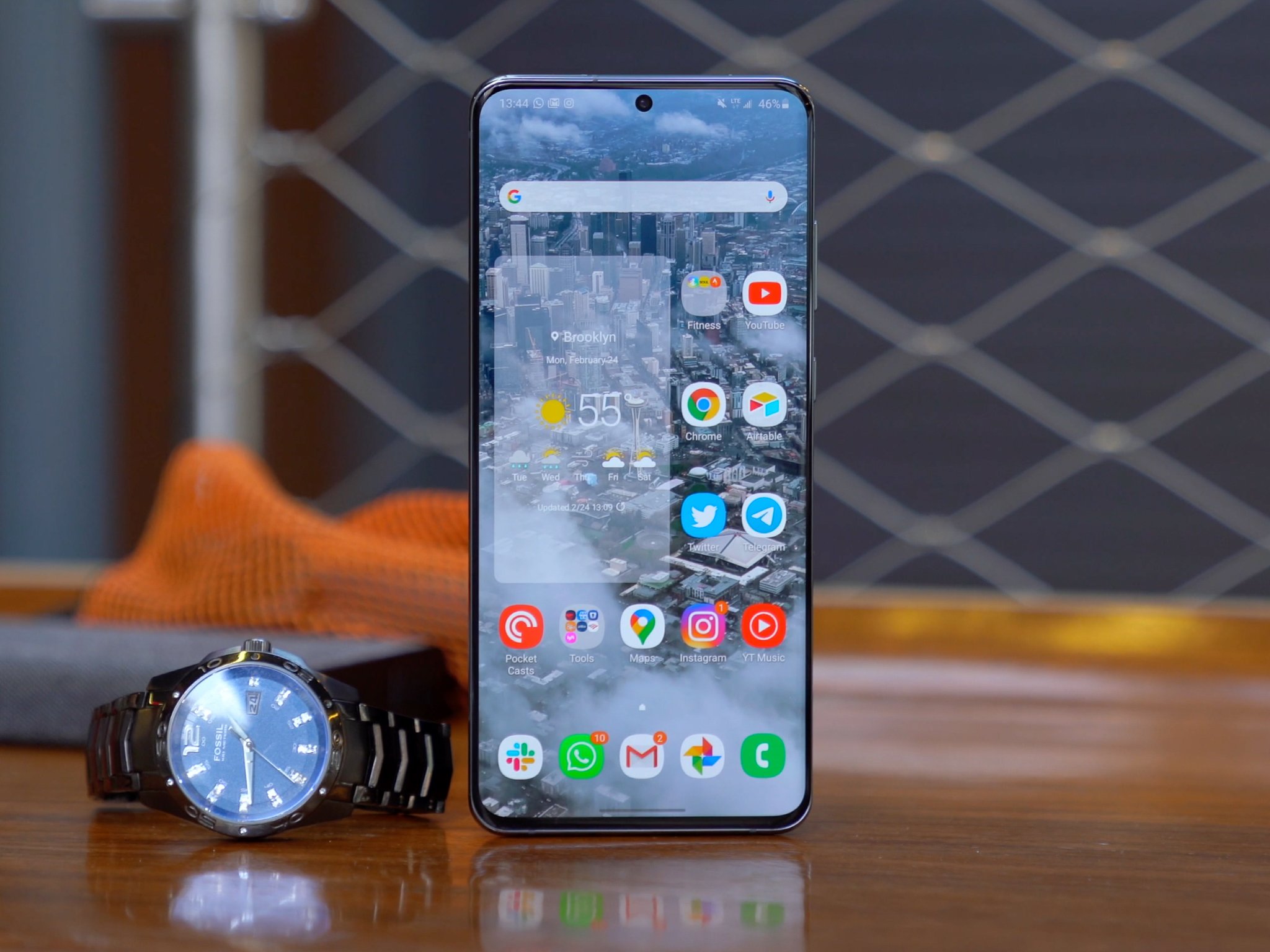



















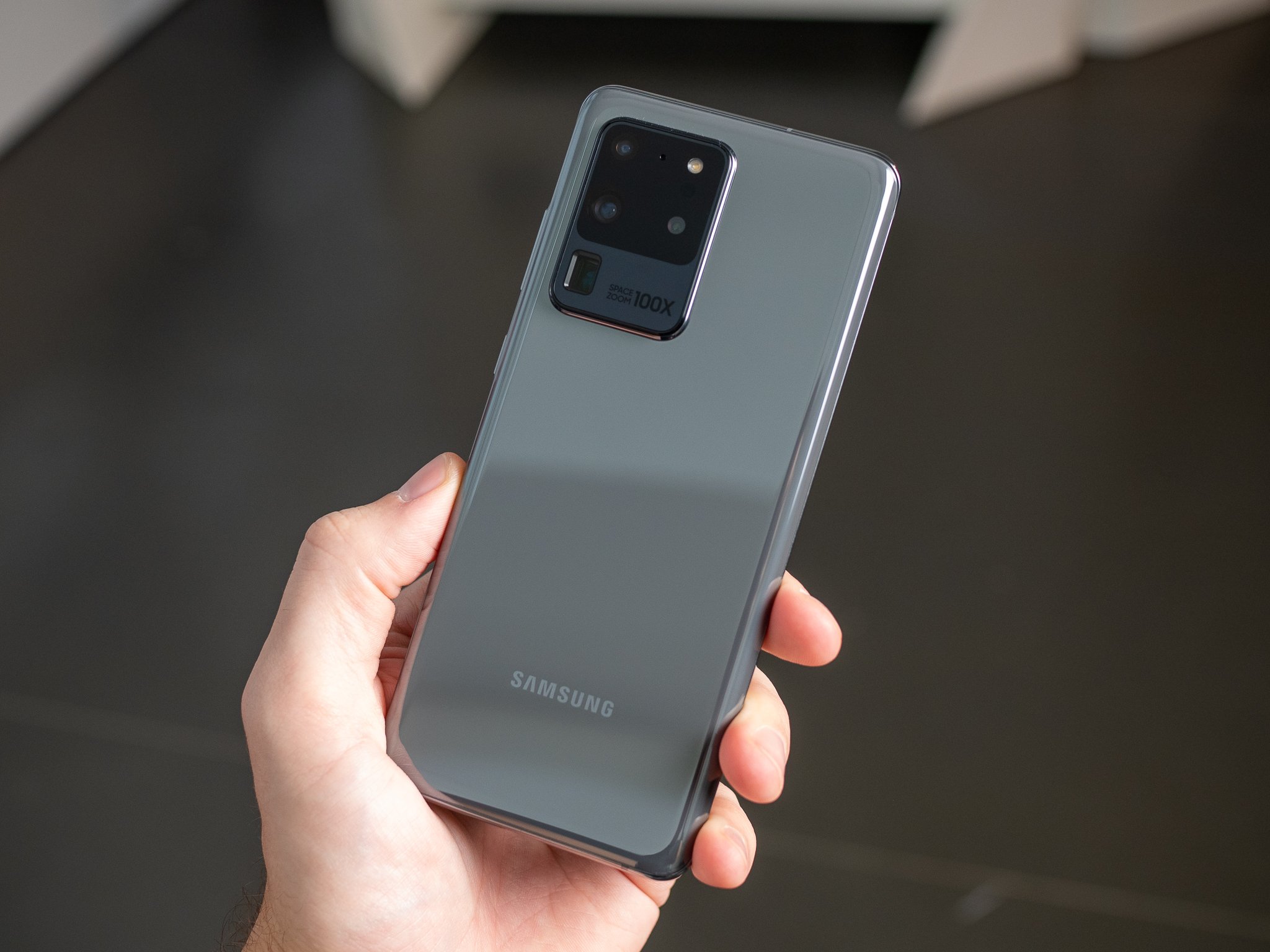
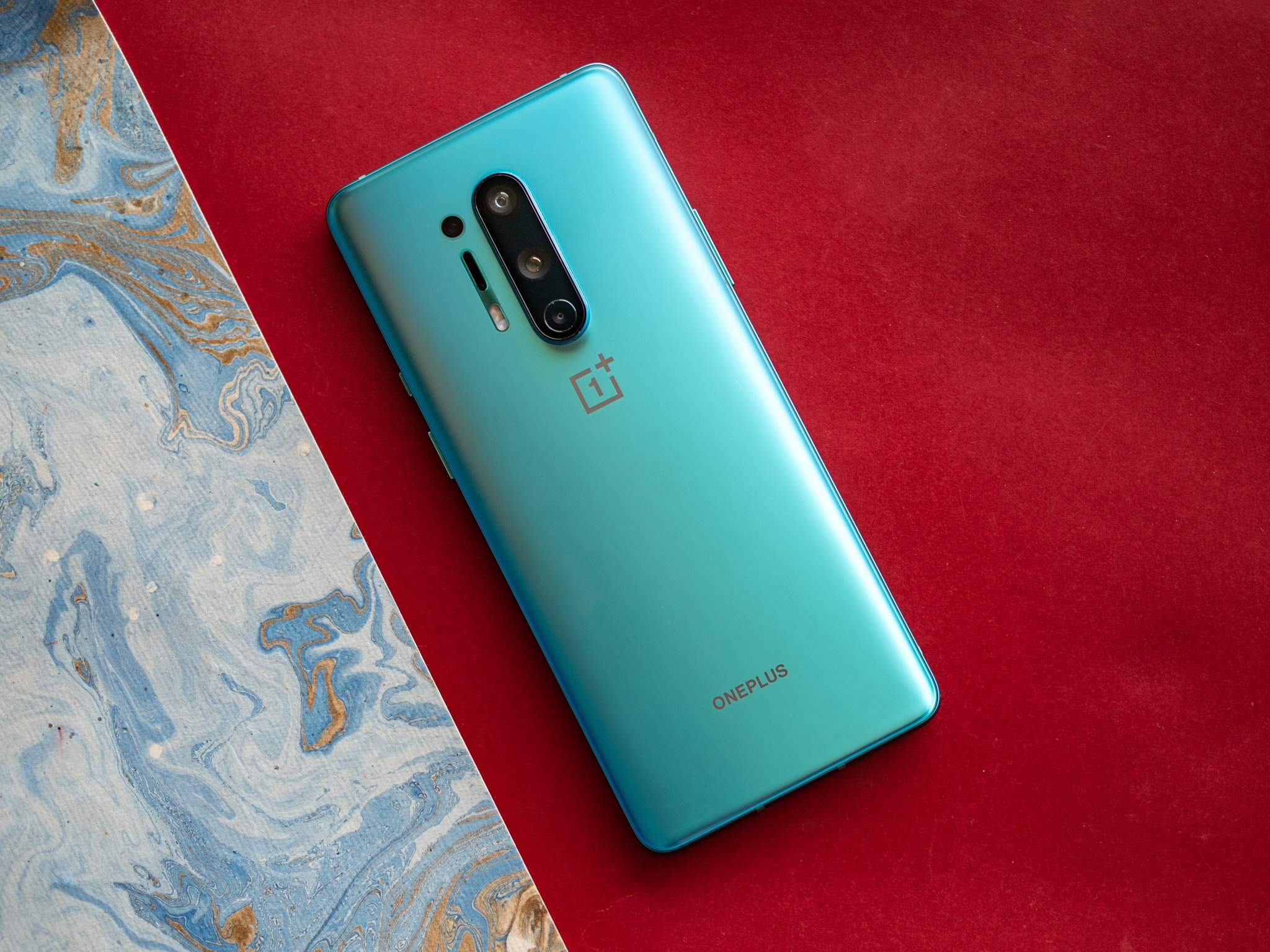
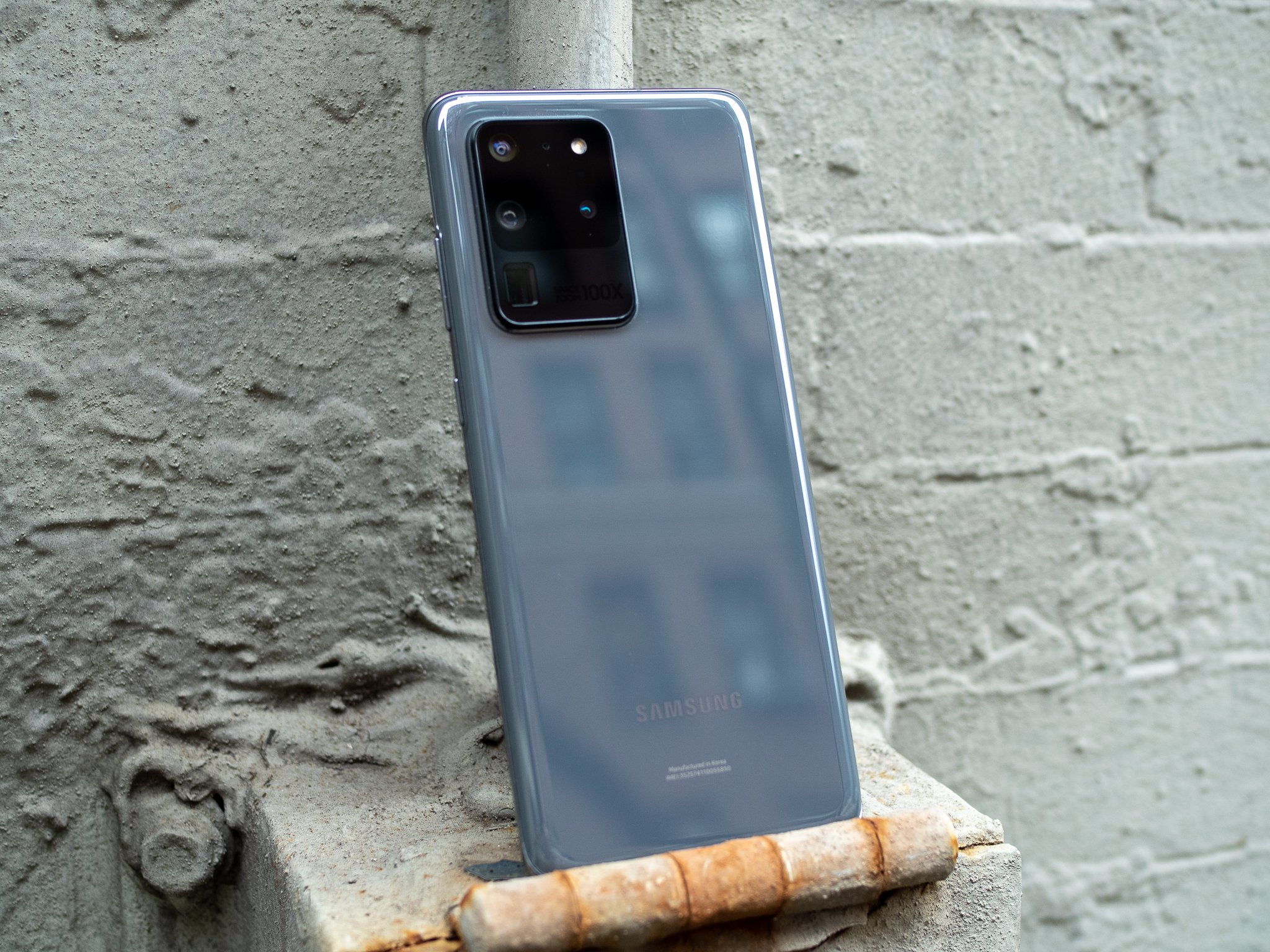

Post a Comment